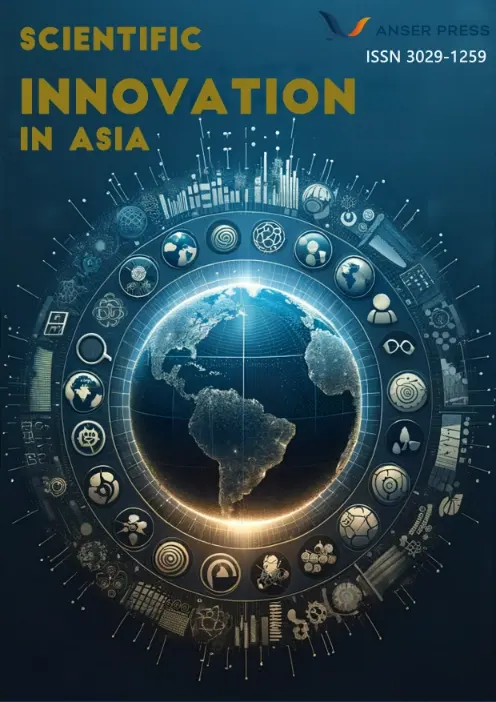
Volume 2, 2024 - Issue 1
 An open access journal
An open access journal
How to Balance Information Absorption and Smart Phone Network Negative Effect for Primary School Students
Abstract
With the development of the Internet and science and technology, smart phones have been evolving rapidly. They provide primary school students with massive learning resources (such as e-books, online courses, encyclopedic knowledge, and cross-cultural communication), facilitating knowledge acquisition. However, excessive use is prone to cause distractions, reduced learning efficiency, weakened social skills, gaming addiction, visual impairment, psychological problems, and value deviations. To balance this "double-edged sword", it is essential to prioritize both information literacy cultivation and prevention of Internet addiction, which requires the collaborative efforts of families, schools, technology platforms, and the government.
Share and Cite
Article Metrics
References
- Lin Yanjun. Design and Practice of Teaching Innovation for Ideological and Political Courses in Colleges and Universities in the Network Era [J]. Journal of Yan'an Vocational and Technical College, 2017, 31(5): 63-65.
- Zhao Qiuxia, Deng Yin. Influencing Factors and Coping Strategies of Internet Addiction among Adolescents [J]. Frontiers in Social Sciences, 2023, 12(6): 2996-3002.
- WU Y. Comprehensively Promote the High-quality Construction of Ideological and Political Courses in Colleges and Universities [EB/OL]. https://www.eol.cn/news/yaowen/202111/t20211126_2179306.shtml.
- Zhang Jiangshan, Zhang Yinxī, Wang Qi. The Evolution Logic and Development Enlightenment of the Social Media Strategy of the National Archives of the United States [J]. Shanxi Archives, 2022(5): 21-28.
- Li Xueyan, Shao Qianqian, Huang Mao, et al. Innovation Diffusion, Evidence Accumulation, and Teaching Agglomeration: Educational Exploration and Reference of Evidence-Based Practice in Social Work [J/OL]. Journal of Guangxi Normal University (Philosophy and Social Sciences Edition), 1-18 [2025-01-24].
